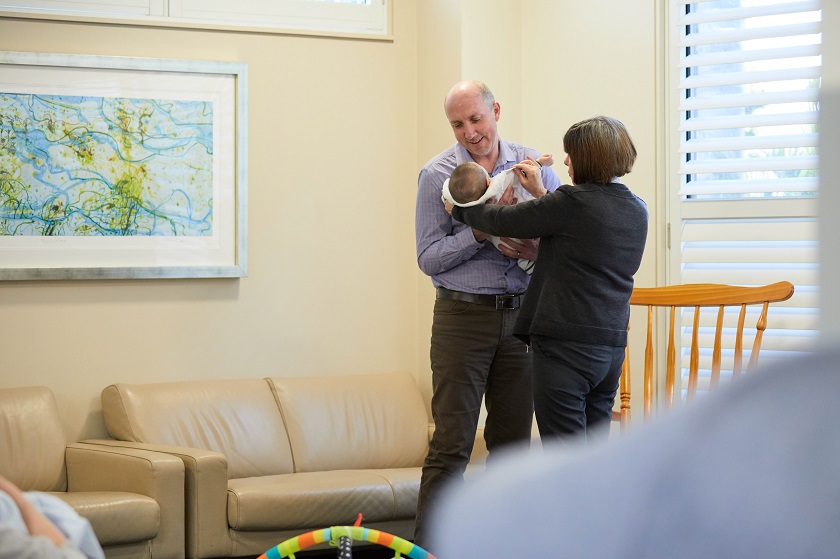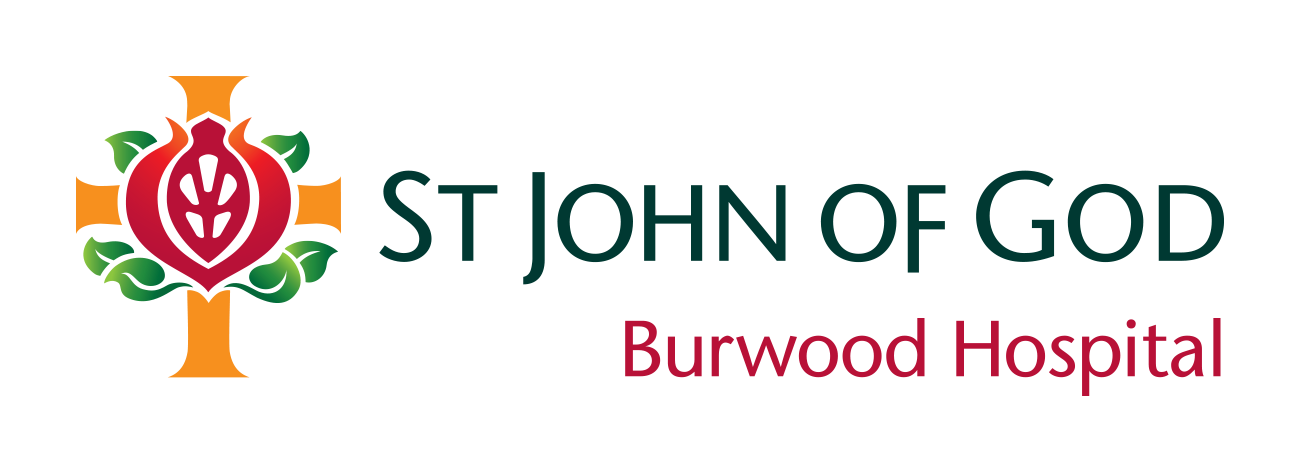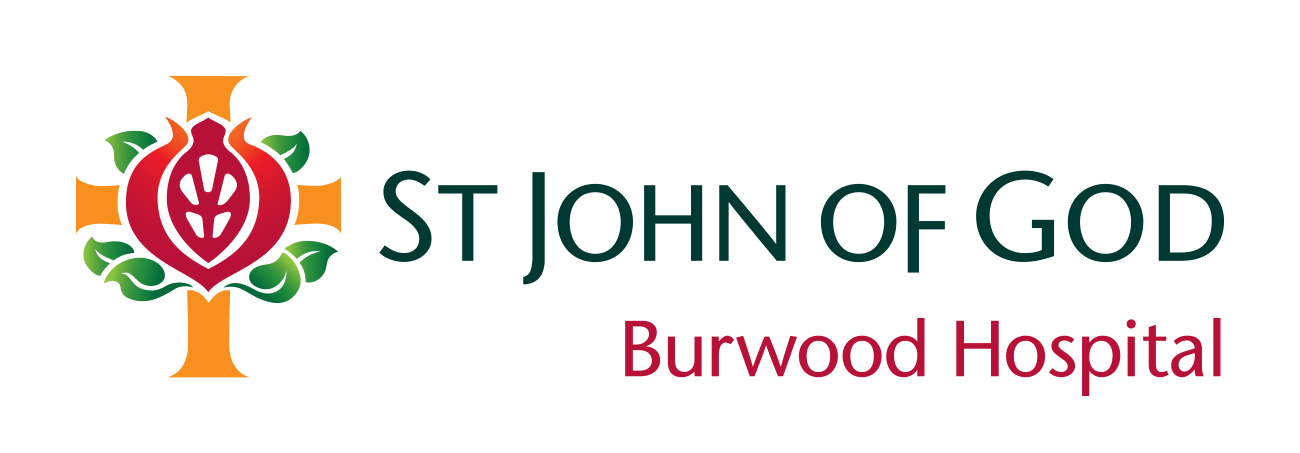Providing the right support at the start of life
12 Nov 2021

Mary has worked at the hospital’s Mother and Baby Unit for the past 11 years, but has spent the majority of her career working with mothers and parents, and babies.
“I originally started working as an occupational therapist in mental health with adults, but it occurred to me that if I wanted to help humans it is probably good to get in on the ground floor and work with them as early as possible,” Mary said.
As she became more interested in infant attachment, combined with her interest in the physical development of children as an OT, she looked to find more opportunities to work in the perinatal mental health field, in particular with the Circle of Security (which is a way of thinking about emotion and behaviour that enables childhood professionals to meet a child’s relationship needs).
“I really wanted to help parents who were really struggling with their mental health and experiencing significant disadvantage,” she said.
“I just feel it is such an important field of work.”
After working for a range of organisations in this field, Mary eventually joined St John of God Burwood Hospital and has helped hundreds of women and families in the Mother and Baby Unit.
“One of the first things I do in the unit is check on the mothers to see how their night has been, as we know that nights can be a particularly hard for women to manage, and we set a goal for the day which can be really simple but achievable,” Mary said.
“We see exercise as an important aspect of improving mood so we organise a walk outside, which has been restricted throughout COVID-19 and this has been tough, but it is so important for the women to have a few moments enjoying being outside, with a settled baby and connecting with other women.”
Mary said one of the most satisfying aspects of her work was seeing women gradually build their confidence and reduce the amount of pressure they put on themselves to be the ‘perfect mother’.
“The group program offered in the unit is helpful on many levels. Women are invited to share the reality of challenges they face in the pre and postnatal time. Together they can consider new ways to manage themselves more confidently, as they support their baby,” she said.
“Many of the women we care for are very good at beating themselves up for not being the perfect mother or meeting the high expectations that they put on themselves.
“We see this a lot in the professional women who have had children later in life.
“It is so nice to see the women building their attachment with their babies in the common areas in the unit, seeing women helping each other, and the good outcomes being achieved from those connections.”
In addition, Mary runs a couple’s group once a fortnight to also help partners through the experience and supporting them or providing more information as required.
“The couples are encouraged to express strength and struggle, to acknowledge change to their relationship on arrival of baby and the importance of nurturing their relationship at this challenging time. They set small goals to rebuild and to acknowledge any concerns and think about ways they might help each other after discharge,” she said.
Mary said she wanted more women to know that it is normal to need extra help when you are welcoming a new baby into the world.
“Having problems after birth is very common,” she said.
“It is a real learning curve, we don’t have it instilled into us about how to parent, and we need to be gentle on ourselves and take the pressure off.
“It is a fantastic thing to be able to answer the call for help and provide the compassionate care so as not to take over as the parent, but to support women and families so they can be the parents they want to be.”

